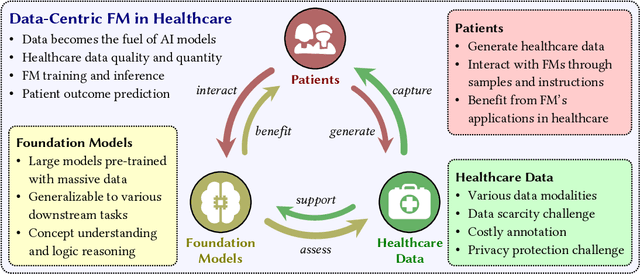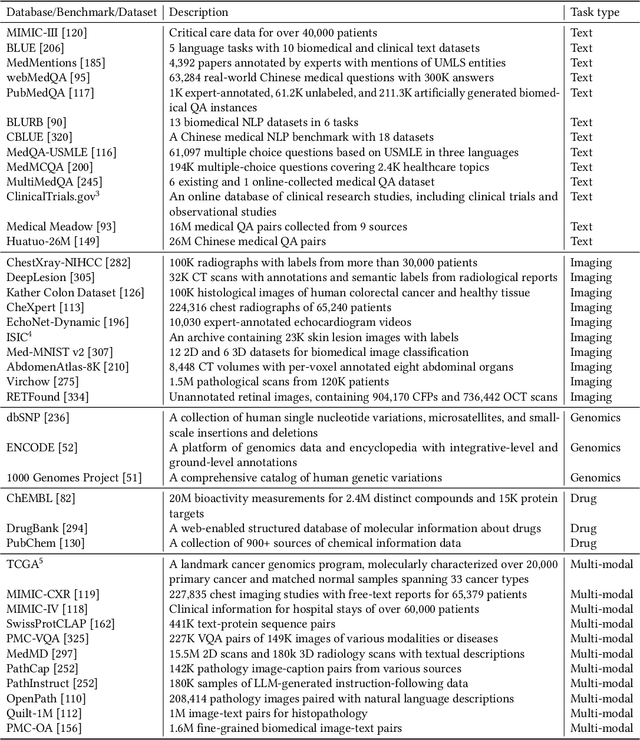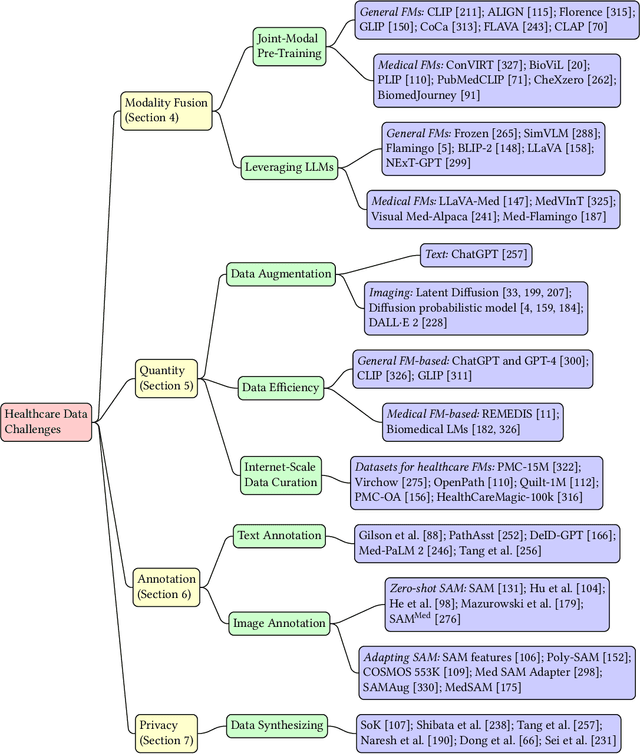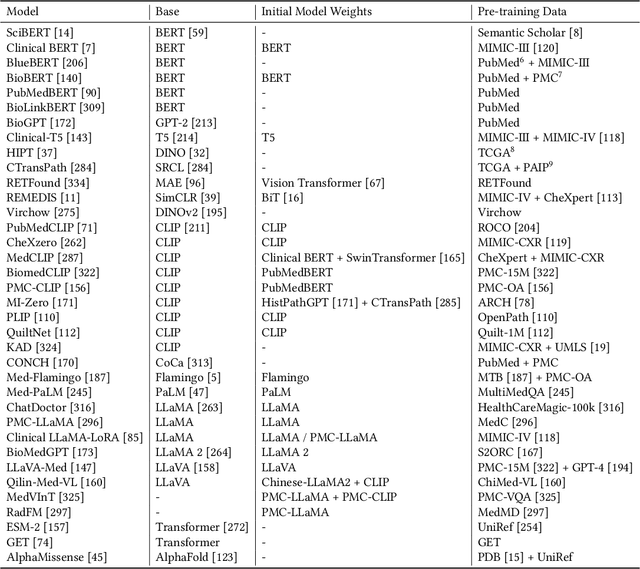Lingfeng Zhou
DeepCircuitX: A Comprehensive Repository-Level Dataset for RTL Code Understanding, Generation, and PPA Analysis
Feb 25, 2025



Abstract:This paper introduces DeepCircuitX, a comprehensive repository-level dataset designed to advance RTL (Register Transfer Level) code understanding, generation, and power-performance-area (PPA) analysis. Unlike existing datasets that are limited to either file-level RTL code or physical layout data, DeepCircuitX provides a holistic, multilevel resource that spans repository, file, module, and block-level RTL code. This structure enables more nuanced training and evaluation of large language models (LLMs) for RTL-specific tasks. DeepCircuitX is enriched with Chain of Thought (CoT) annotations, offering detailed descriptions of functionality and structure at multiple levels. These annotations enhance its utility for a wide range of tasks, including RTL code understanding, generation, and completion. Additionally, the dataset includes synthesized netlists and PPA metrics, facilitating early-stage design exploration and enabling accurate PPA prediction directly from RTL code. We demonstrate the dataset's effectiveness on various LLMs finetuned with our dataset and confirm the quality with human evaluations. Our results highlight DeepCircuitX as a critical resource for advancing RTL-focused machine learning applications in hardware design automation.Our data is available at https://zeju.gitbook.io/lcm-team.
Data-Centric Foundation Models in Computational Healthcare: A Survey
Jan 04, 2024



Abstract:The advent of foundation models (FMs) as an emerging suite of AI techniques has struck a wave of opportunities in computational healthcare. The interactive nature of these models, guided by pre-training data and human instructions, has ignited a data-centric AI paradigm that emphasizes better data characterization, quality, and scale. In healthcare AI, obtaining and processing high-quality clinical data records has been a longstanding challenge, ranging from data quantity, annotation, patient privacy, and ethics. In this survey, we investigate a wide range of data-centric approaches in the FM era (from model pre-training to inference) towards improving the healthcare workflow. We discuss key perspectives in AI security, assessment, and alignment with human values. Finally, we offer a promising outlook of FM-based analytics to enhance the performance of patient outcome and clinical workflow in the evolving landscape of healthcare and medicine. We provide an up-to-date list of healthcare-related foundation models and datasets at https://github.com/Yunkun-Zhang/Data-Centric-FM-Healthcare .
Improvements on Recommender System based on Mathematical Principles
Apr 26, 2023Abstract:In this article, we will research the Recommender System's implementation about how it works and the algorithms used. We will explain the Recommender System's algorithms based on mathematical principles, and find feasible methods for improvements. The algorithms based on probability have its significance in Recommender System, we will describe how they help to increase the accuracy and speed of the algorithms. Both the weakness and the strength of two different mathematical distance used to describe the similarity will be detailed illustrated in this article.
 Add to Chrome
Add to Chrome Add to Firefox
Add to Firefox Add to Edge
Add to Edge